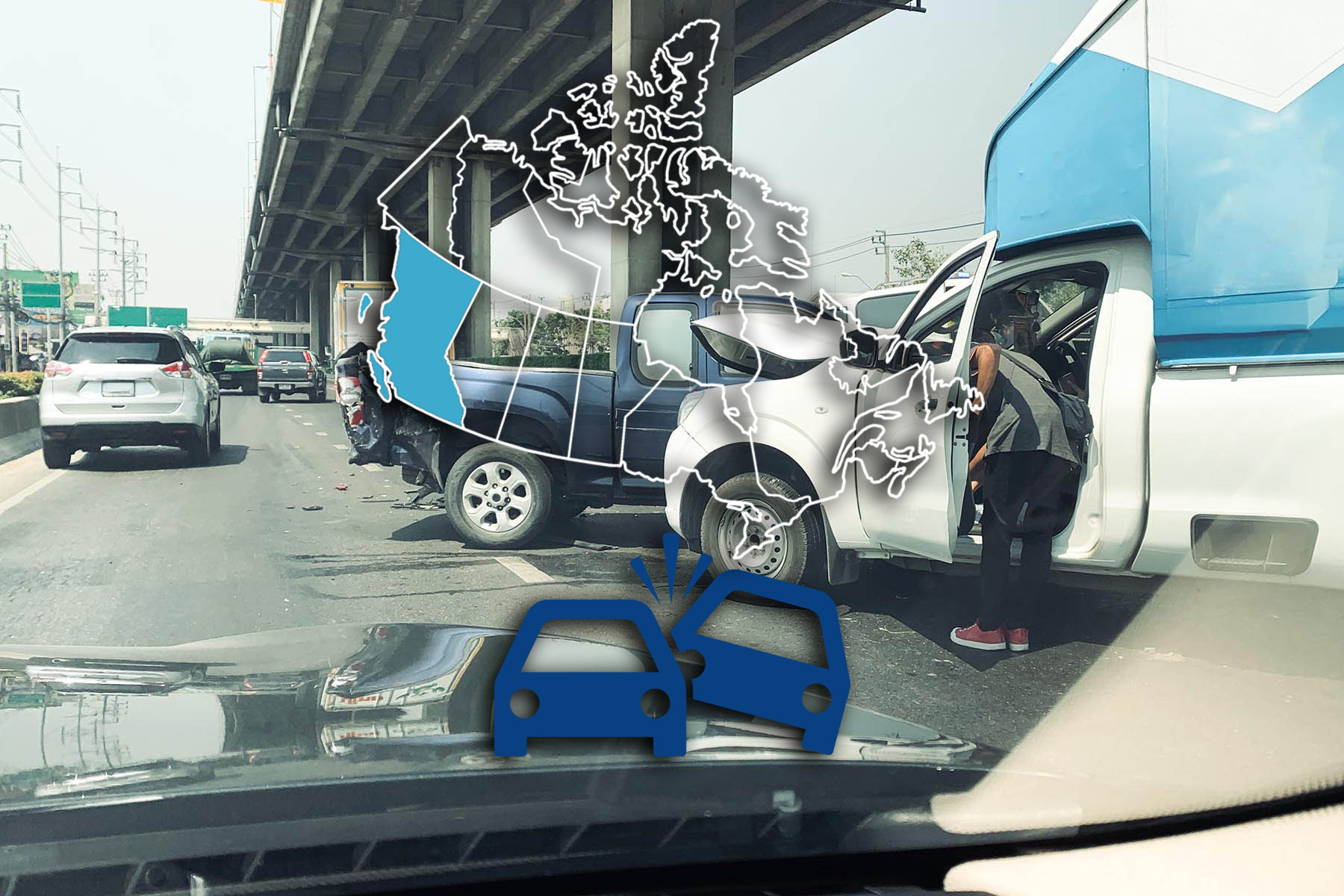
British Columbia Hit and Run Laws: What happens if someone leaves the scene of an accident?
- British Columbia Hit and Run Laws: What happens if someone leaves the scene of an accident?
- BC hit-and-run laws explained: What happens if you leave the scene of an accident in British Columbia?
- Is leaving the scene of an accident a summary or indictable offense in BC?
- What is the penalty for leaving the scene of an accident in British Columbia?
- How do you determine fault in British Columbia?
- What happens if you hit an unattended vehicle in British Columbia?
- How long do you have to report an accident in British Columbia?
- How do victims get compensation for a hit and run in British Columbia?
Under provincial laws, you are legally obligated to stop and fulfill the obligations listed below. Failure to stop and fulfill the obligations constitutes a hit and run. Leaving the scene of an accident in British Columbia is a hybrid offense, meaning the circumstances determine if the driver is guilty of a summary offense or indictable offense.
- A hit and run driver may face charges under Canada’s criminal code or the highway traffic code.
- If you are charged under the criminal code, a conviction means you are guilty of a criminal offense.
- Anyone who leaves the scene of an accident involving death or serious injuries may face charges under the criminal code.
- If you are charged under the traffic act, you will likely get a ticket or fine.
- You must report any accident that results in death, injury, or property damage above $1000 in British Columbia.
- Do not admit fault at the scene of an accident.
- A hit-and-run conviction will impact your insurance premiums.
- Canadian criminal code does not directly address vehicular homicide.
References:
BC hit-and-run laws explained: What happens if you leave the scene of an accident in British Columbia?
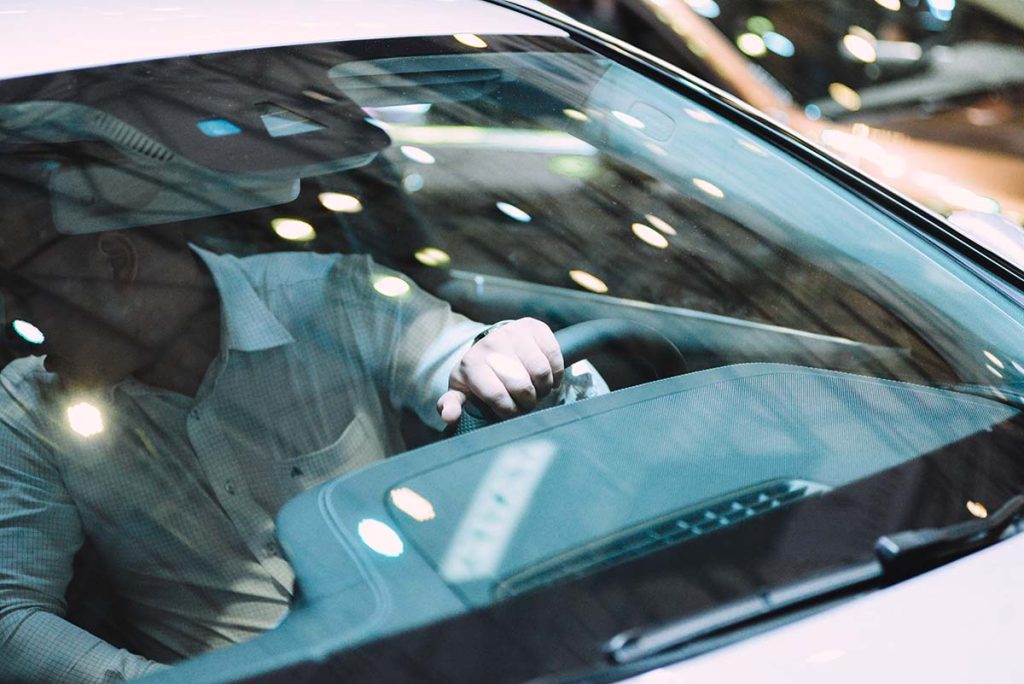
Under Canada’s criminal code and British Columbia Motor Vehicle Act, you are guilty of a hit and run if you leave the scene of an accident without fulfilling the legal requirements listed in section 68 of the traffic act.
Section 68 of British Columbia’s Traffic Act says that you must:
- Stop and remain at the scene. If you left, you must immediately return and do the following.
- Render reasonable assistance to anyone who may need it.
- Upon request, you must give your name, address, license number, and insurance information to the struck person, property owner, witness, or peace officer present at the scene.
What to do at the scene of an accident in British Columbia?
As mentioned, an accident in British Columbia becomes a crime if you leave the scene without fulfilling the requirements above. However, even if you fulfill the requirements, the victim or struck property owner has the option to take civil action to recover medical bills, pain and suffering, or other damages.
Legal experts recommend that you do the following at the scene of an accident:
- Immediately stop your vehicle and remain at the scene.
- Contact peace officers if the accident is reportable (see below).
- If the accident results in death, or serious injuries, do not move the vehicle.
- Collect evidence, including pictures, dashcam footage, or anything else that could be useful to your defense.
- Never admit fault at the scene of an accident or express guilt (it may cost you your insurance claim and increase premiums).
- Investigate the scene.
- You may leave the scene if you have a valid reason to fear for your safety.
- If the accident results in death, serious injury, or expensive property damage, contact a lawyer immediately and do not say more than is necessary.
- Seek medical attention if necessary.
- Contact your insurer.
File an ICBC Claim
If you are the victim of a hit and run in British Columbia and do not have insurance or resources to cover repairs or medical bills, you may file an ICBC claim.
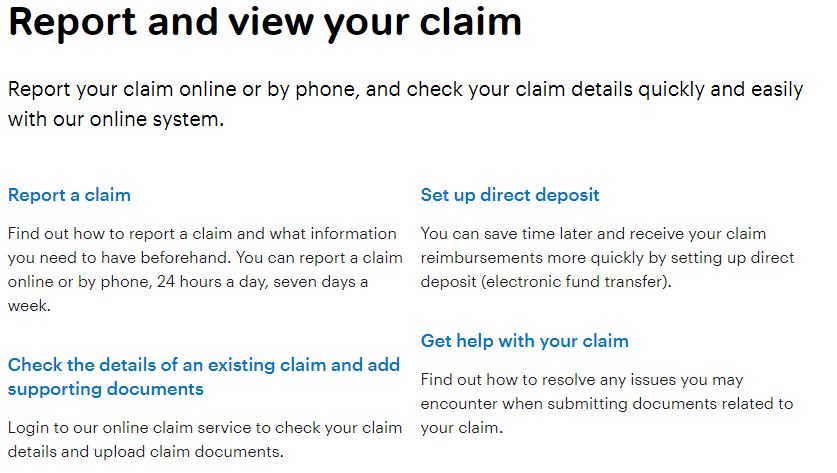
ICBC Claims:
- ICBC can help you cover costs including hospital care, medication, physiotherapy, counselling, dental care, home support, and vehicle or property damage.
- ICBC covers all BC residents with up to $200,000 for non-vehicle property damage caused by a hit and run.
- Non-residents may also qualify if the hit and run occurs in British Columbia you do not have coverage.
- You may need a police report to apply for ICBC coverage.
- You have six months to report a claim.
Is leaving the scene of an accident a summary or indictable offense in BC?
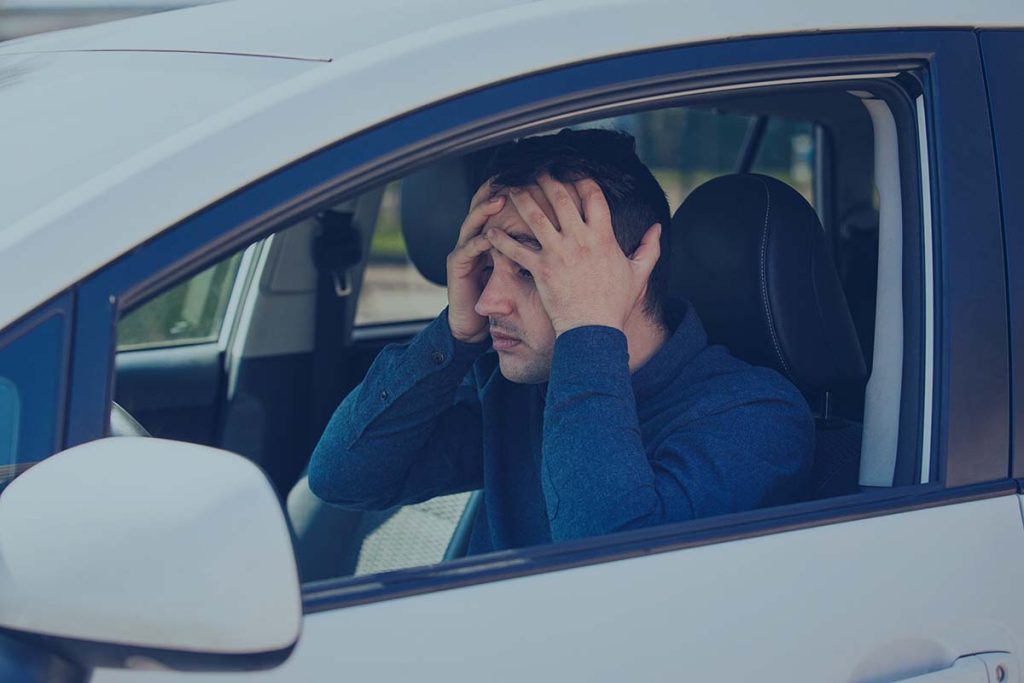
In British Columbia, a hit-and-run is a hybrid offense. That means the charges depend on the damage done and the injuries suffered.
For instance, if you knowingly leave the scene of an accident involving death or severe injury, you may be charged with an indictable offense/felony. On the other hand, if the accident involves property damage alone, you will likely face summary offense charges.
What to remember:
- Summary offenses have a maximum sentence of two years.
- Indictable offenses/felonies carry sentences ranging from ten years to life.
What is the penalty for leaving the scene of an accident in British Columbia?
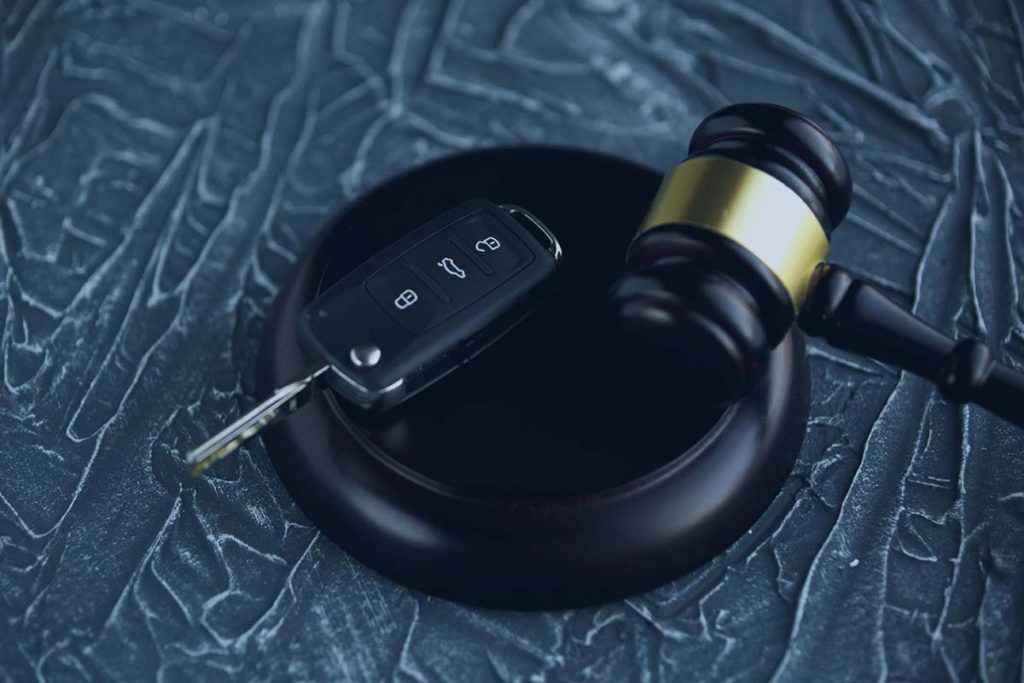
Under Canada’s criminal code, a person convicted of a hit and run may face penalties including:
- Drivers license suspension for up to ten years.
- Up to five years in prison for indictable offenses.
- Fines
- All penalties that a judge may impose under a summary conviction.
It is also worth noting that a hit-and-run conviction will impact your insurance premiums, and some insurers may deny you coverage.
Can you sue a hit-and-run driver for an accident in BC?
If the police find the driver and you fail to reach an agreement with ICBC, you may take civil action against the accused. That raises the question:
How do you determine fault in British Columbia?
In British Columbia, ICBC and the court determine fault considering traffic violations, recklessness, negligence, and other factors.
What you need to remember is that British Columbia’s Negligence Act states that, quote:
“(1)If by the fault of 2 or more persons damage or loss is caused to one or more of them, the liability to make good the damage or loss is in proportion to the degree to which each person was at fault.
(2) Despite subsection (1), if, having regard to all the circumstances of the case, it is not possible to establish different degrees of fault, the liability must be apportioned equally.
(3) Nothing in this section operates to make a person liable for damage or loss to which the person’s fault has not contributed.”
What happens if you hit an unattended vehicle in British Columbia?
Section 68 part 2 of British Columbia’s traffic act says that if you are involved in an accident with an unattended vehicle, you have a legal obligation to make a reasonable effort to locate and notify the vehicle owner. If you find the owner, you must give the individual your name, address, and contact information.
What if you cannot find the owner
Section B requires, quote:
“Leave in a conspicuous place in or on the vehicle collided with a notice in writing giving the information referred to in paragraph”
Failure to leave a note containing the information above constitutes a hit and run.
What if you run from the police?
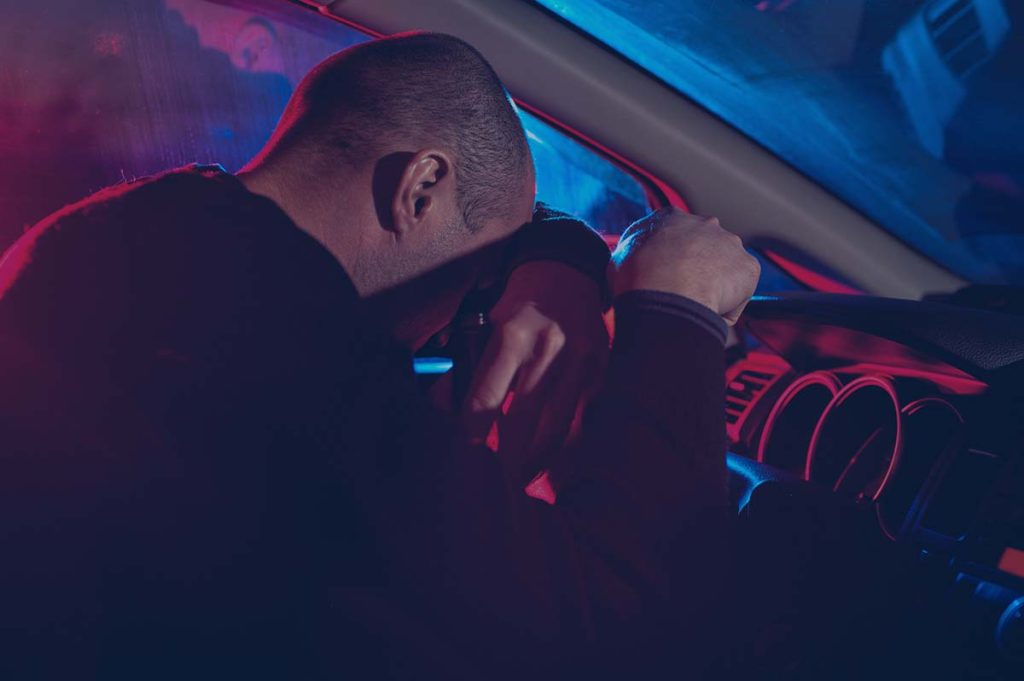
Under section 73, “Failing to stop and state name,” failure to obey a peace officer is a summary offense punishable by a maximum fine of $2000 and imprisonment for up to six months. Remember, the court may order both.
How long do you have to report an accident in British Columbia?
You must report any accident that results in death, injury, or property damage above $1000 to the ICBC using the quickest means of communication.
Failure to report an accident in British Columbia may cost you insurance benefits and damages.
How do victims get compensation for a hit and run in British Columbia?
If you are the victim of a hit and run in British Columbia, you have three options:
- File a claim with ICBC.
- If you have private coverage, you may file a claim with your insurer.
- Take civil action against the hit and run driver.
If you intend to take civil action, legal experts recommend that you do the following immediately after an accident.
- Stop your vehicle and remain at the scene.
- Contact law enforcement.
- Write down the fleeing vehicle’s plate number, car make, color, driver description, and anything else that may aid investigators.
- Gather evidence, including pictures, dashcam footage, and witness testimonies and information.
- Seek medical attention.
- Do not comment about your health before consulting with a physician.
- Do not admit fault at the scene of an accident.
- Keep a record of expenses related to the collision.
Defences for leaving the scene of an accident in British Columbia
- You feared that remaining at the scene would result in more harm (maybe the victim/other party threatened you or brandished a weapon).
- You were unaware of your involvement in a traffic collision.
Other British Columbia Laws